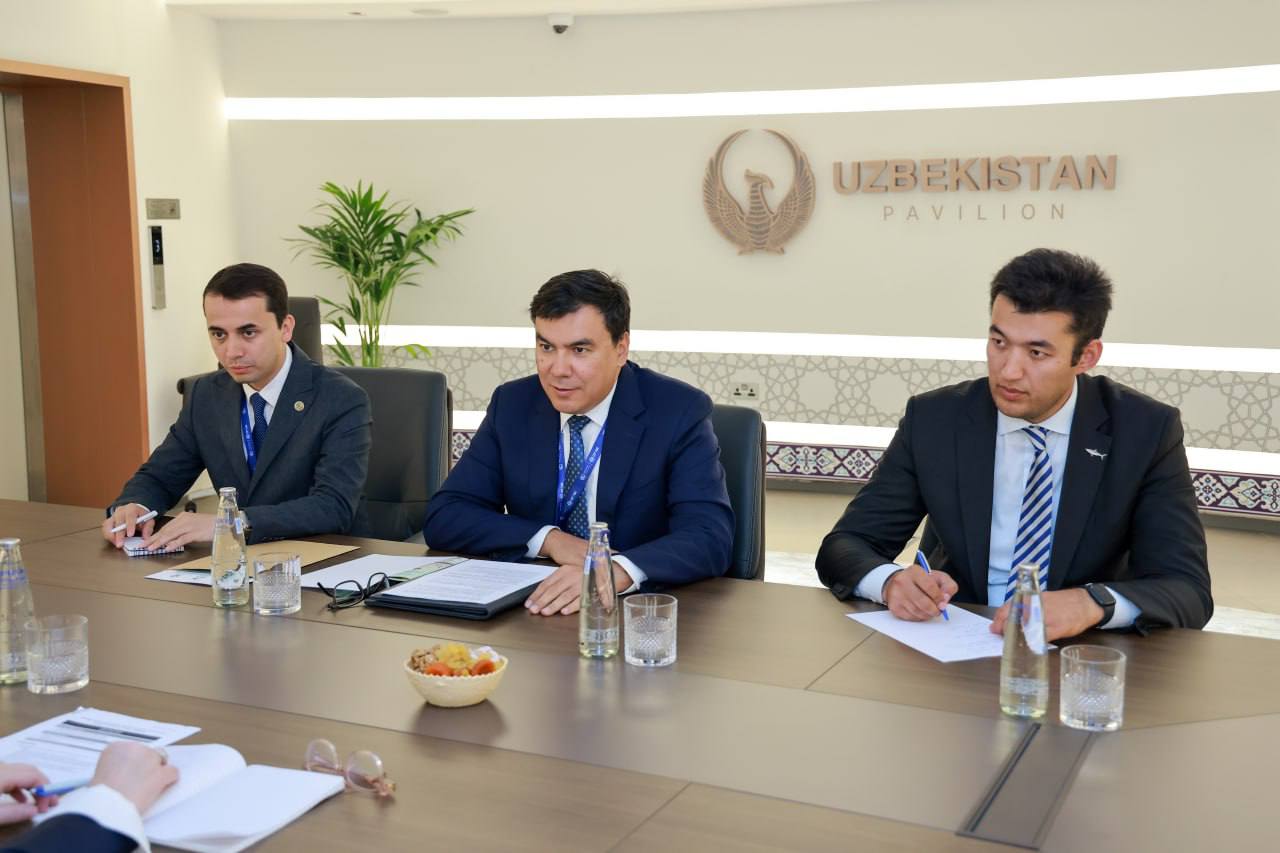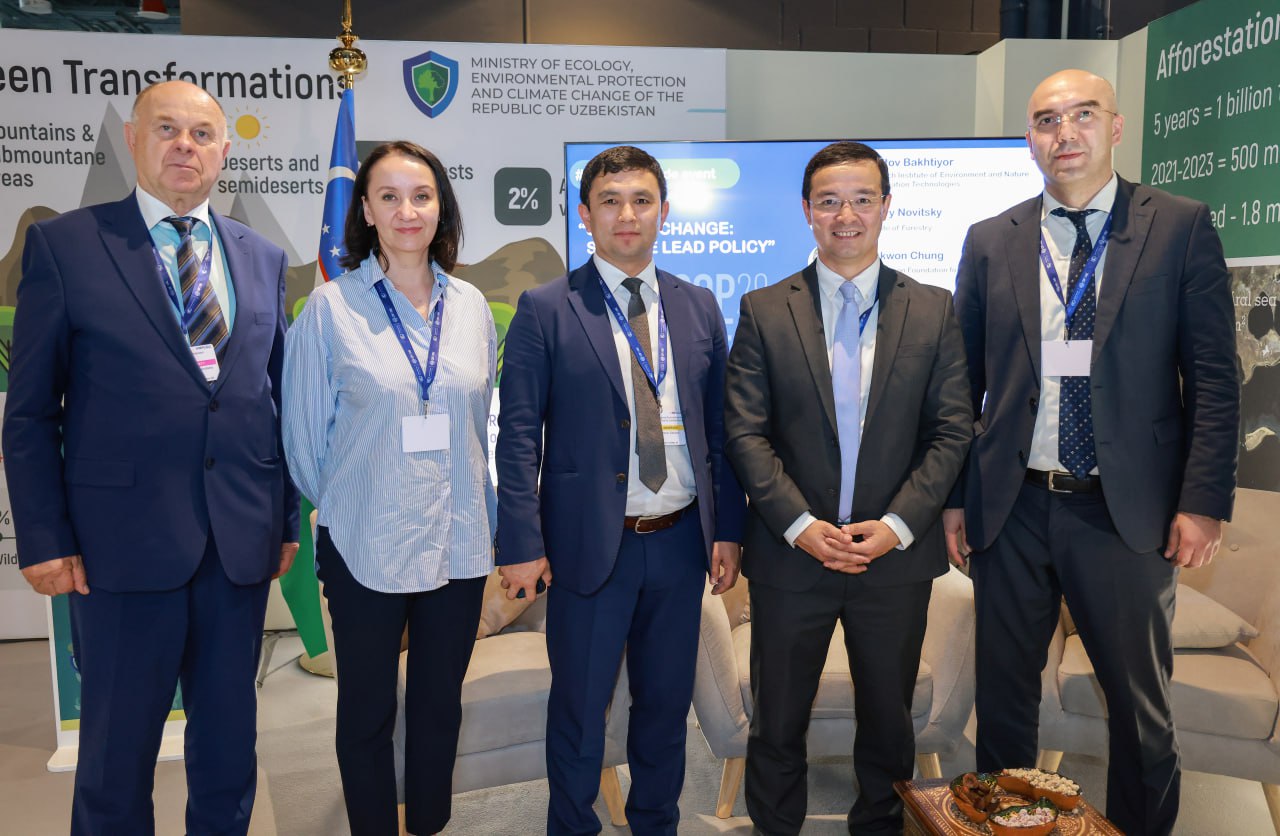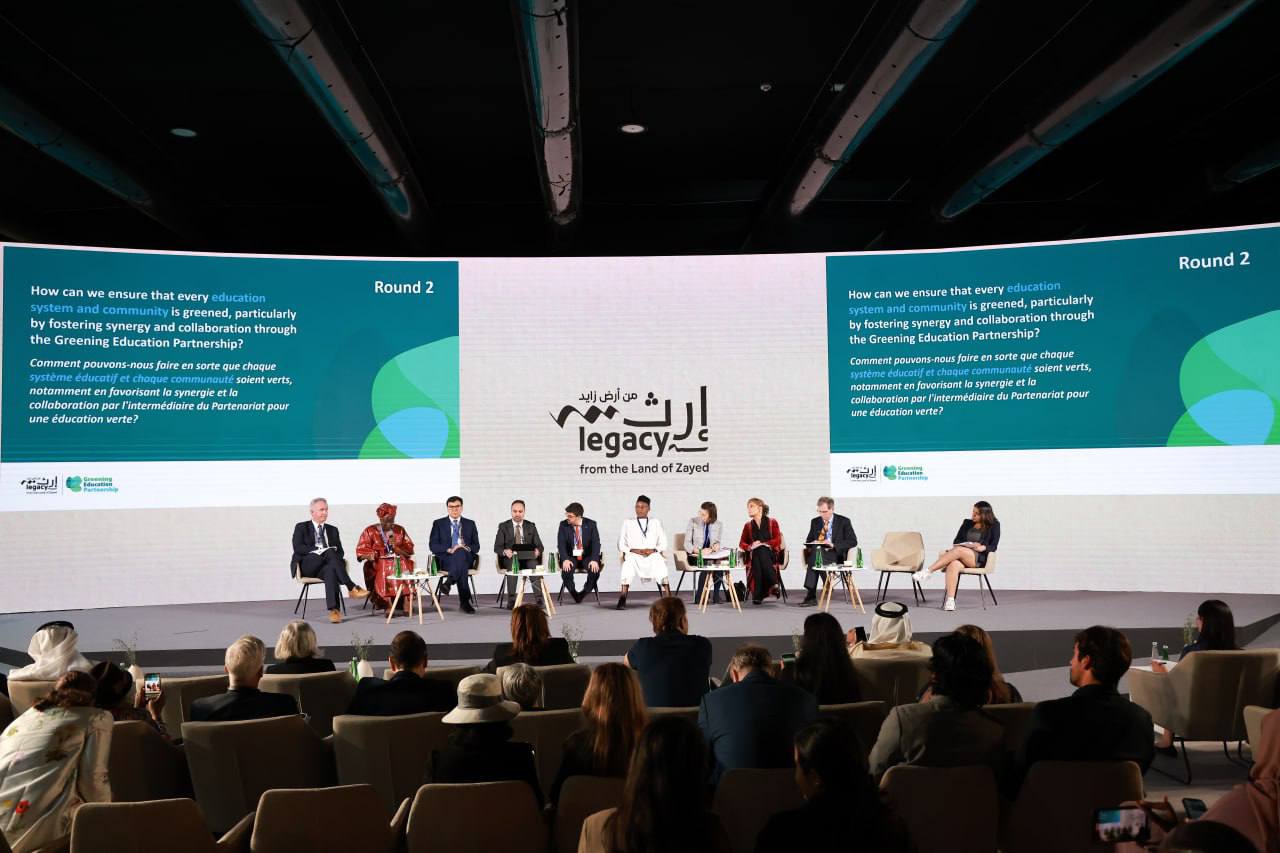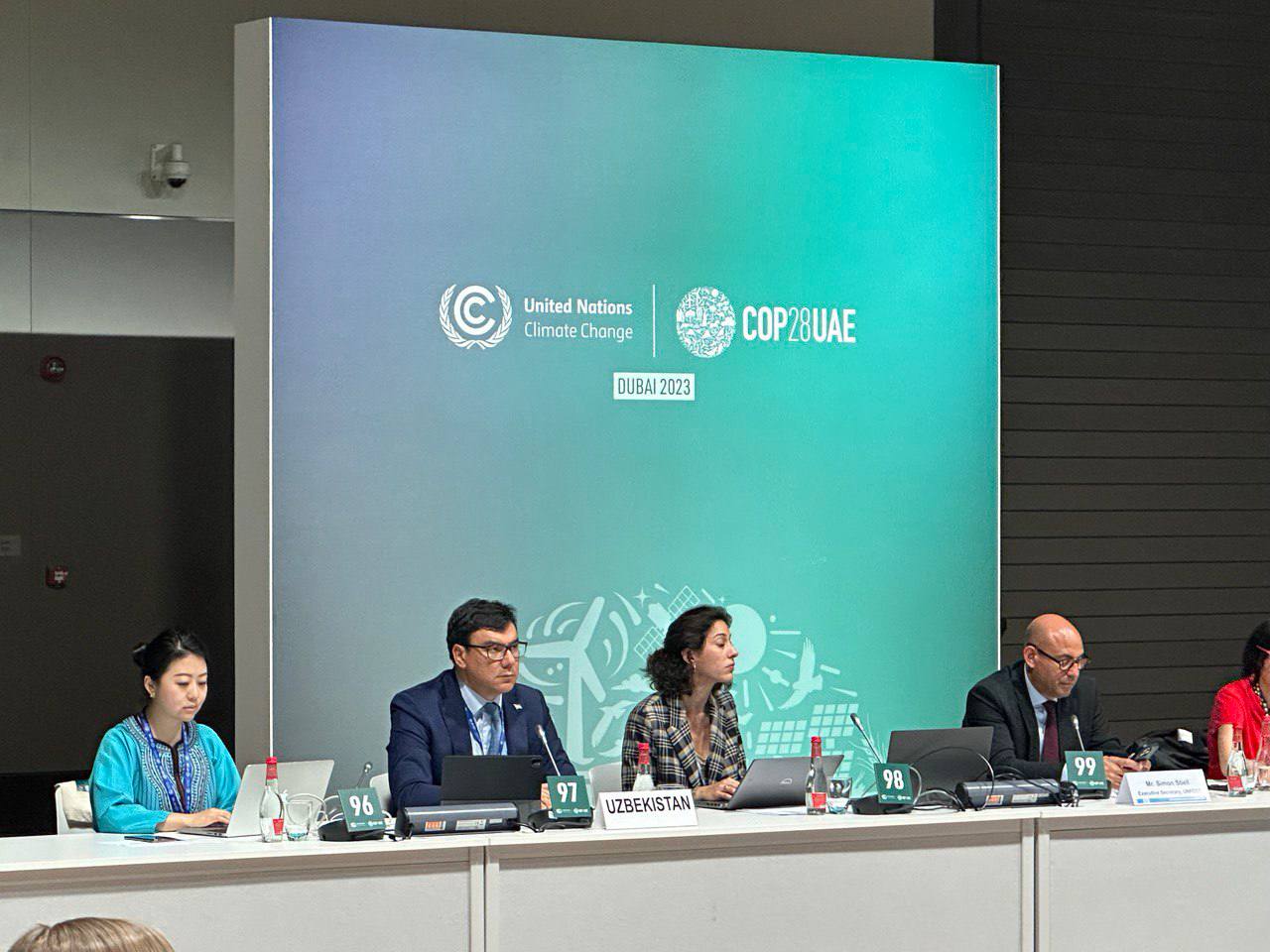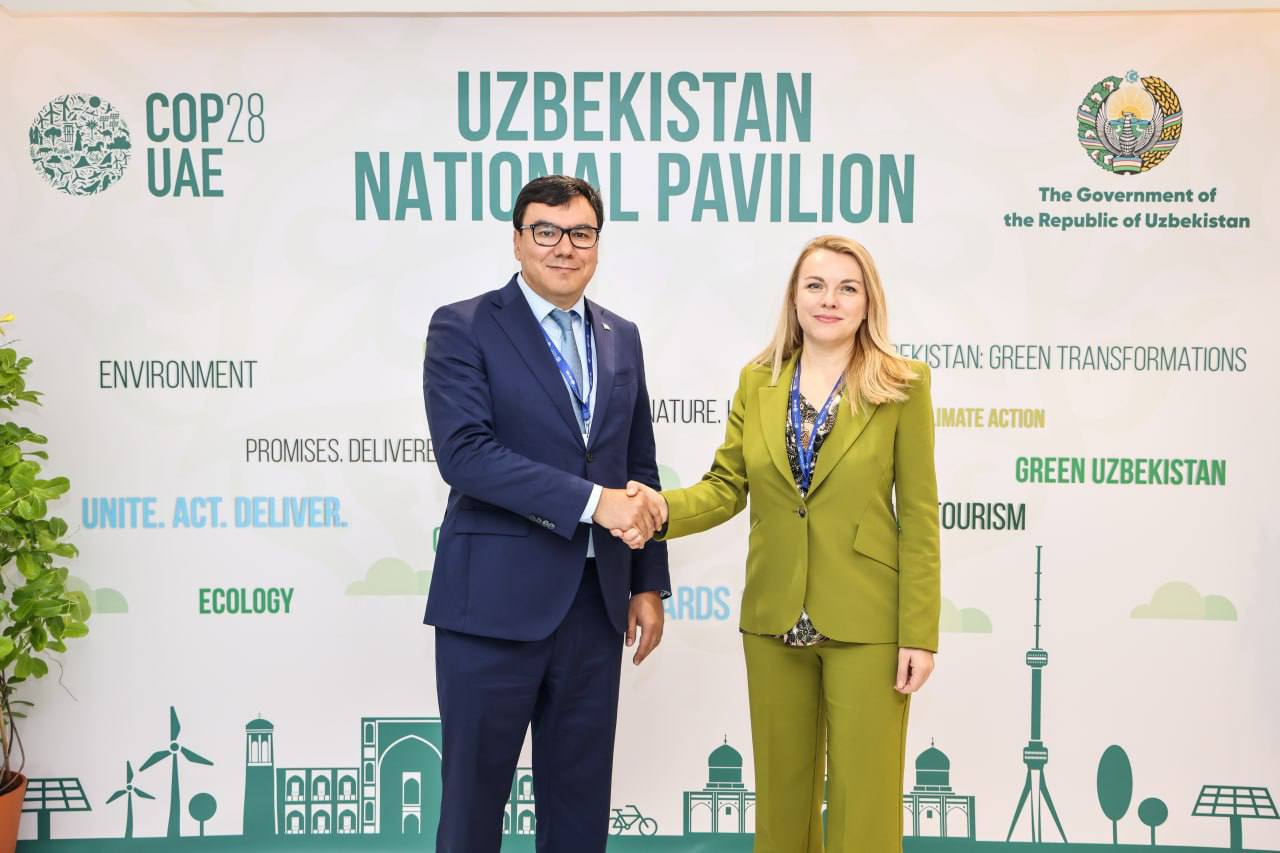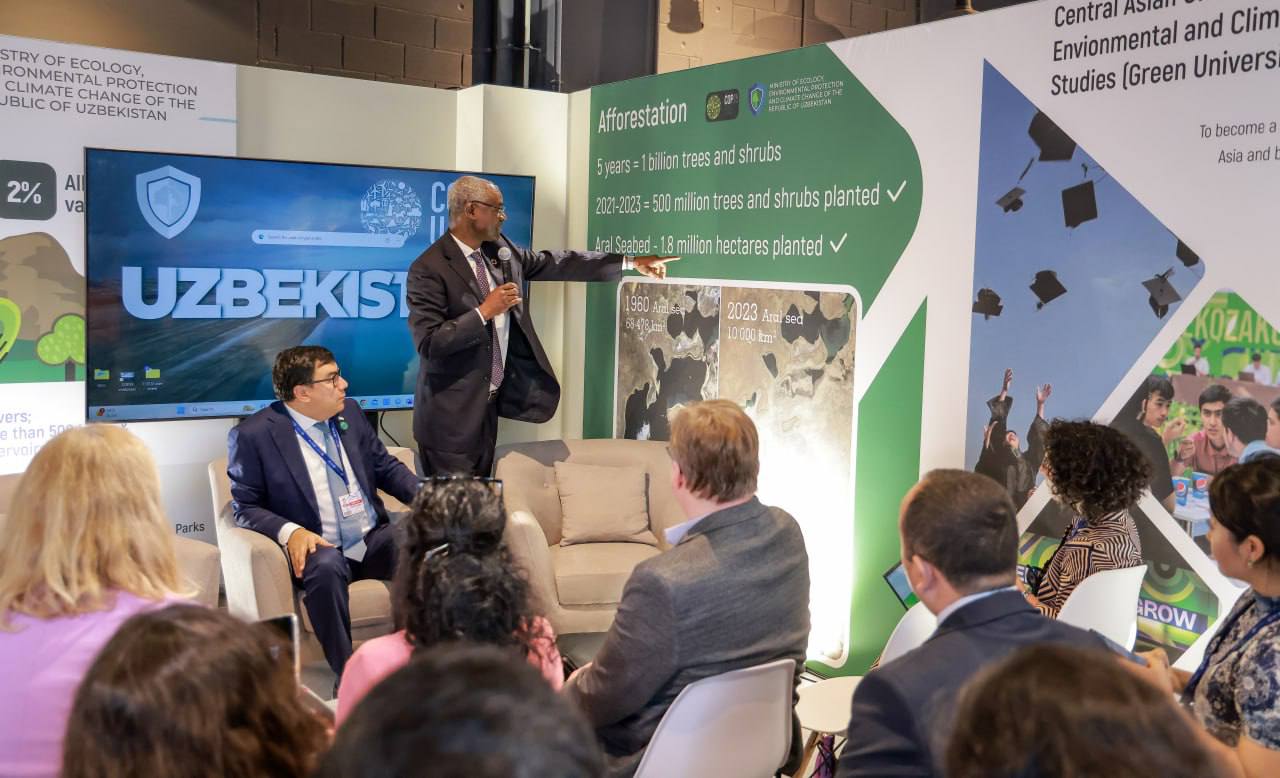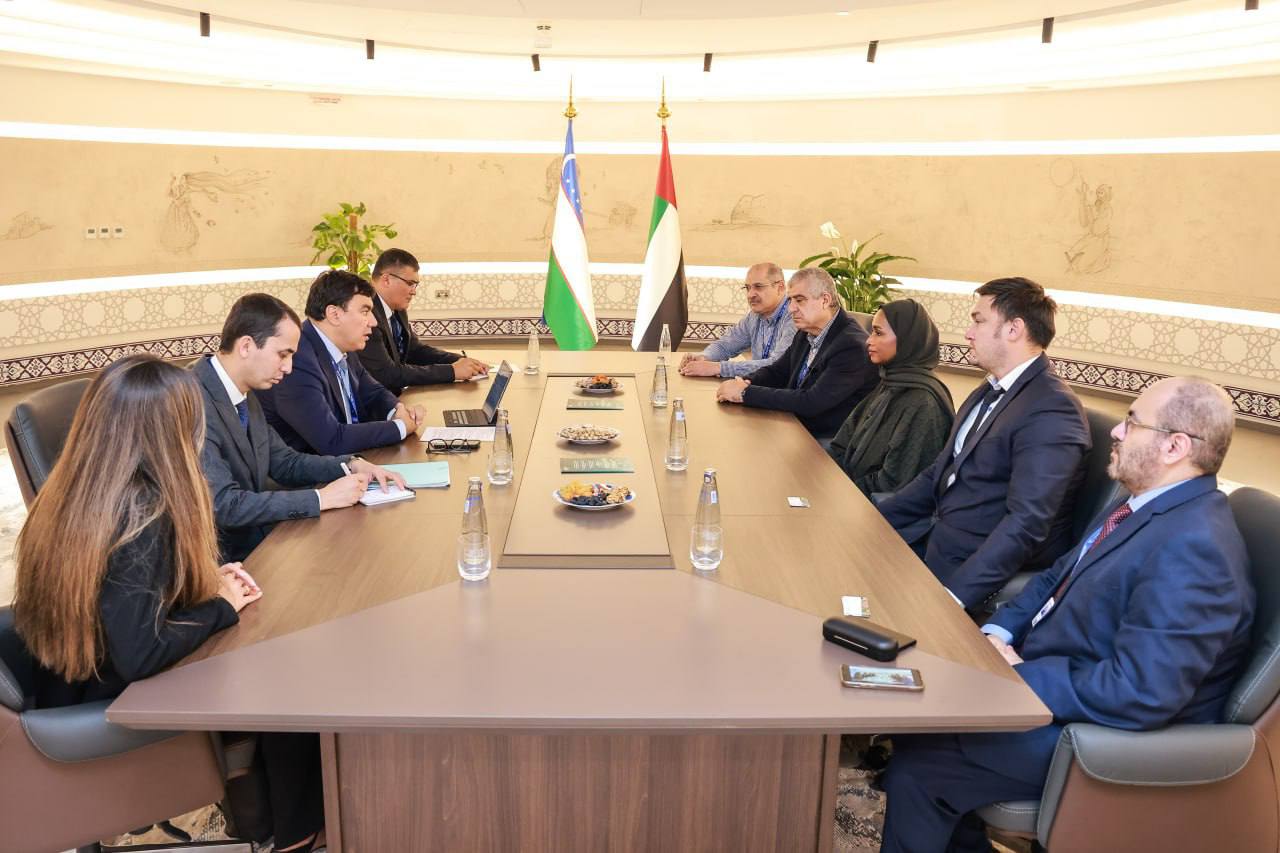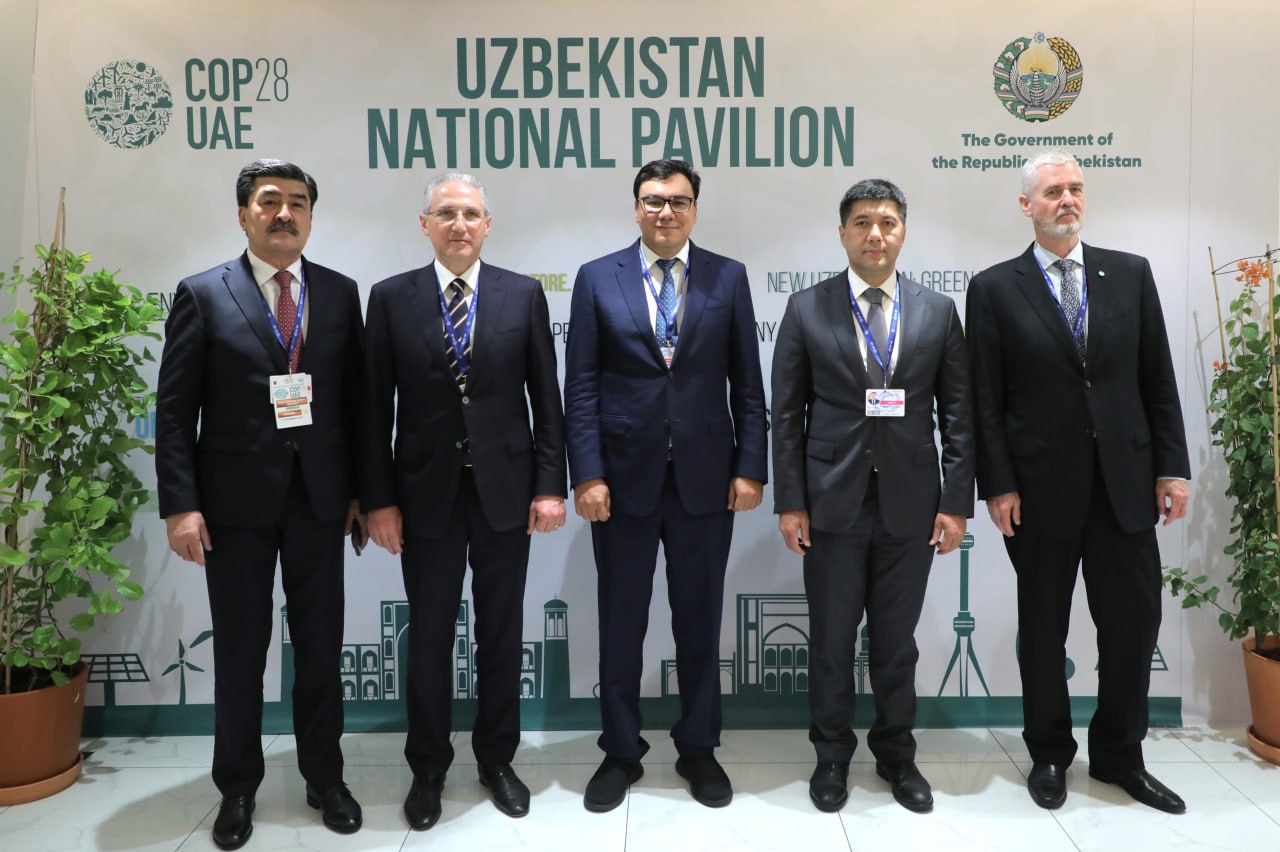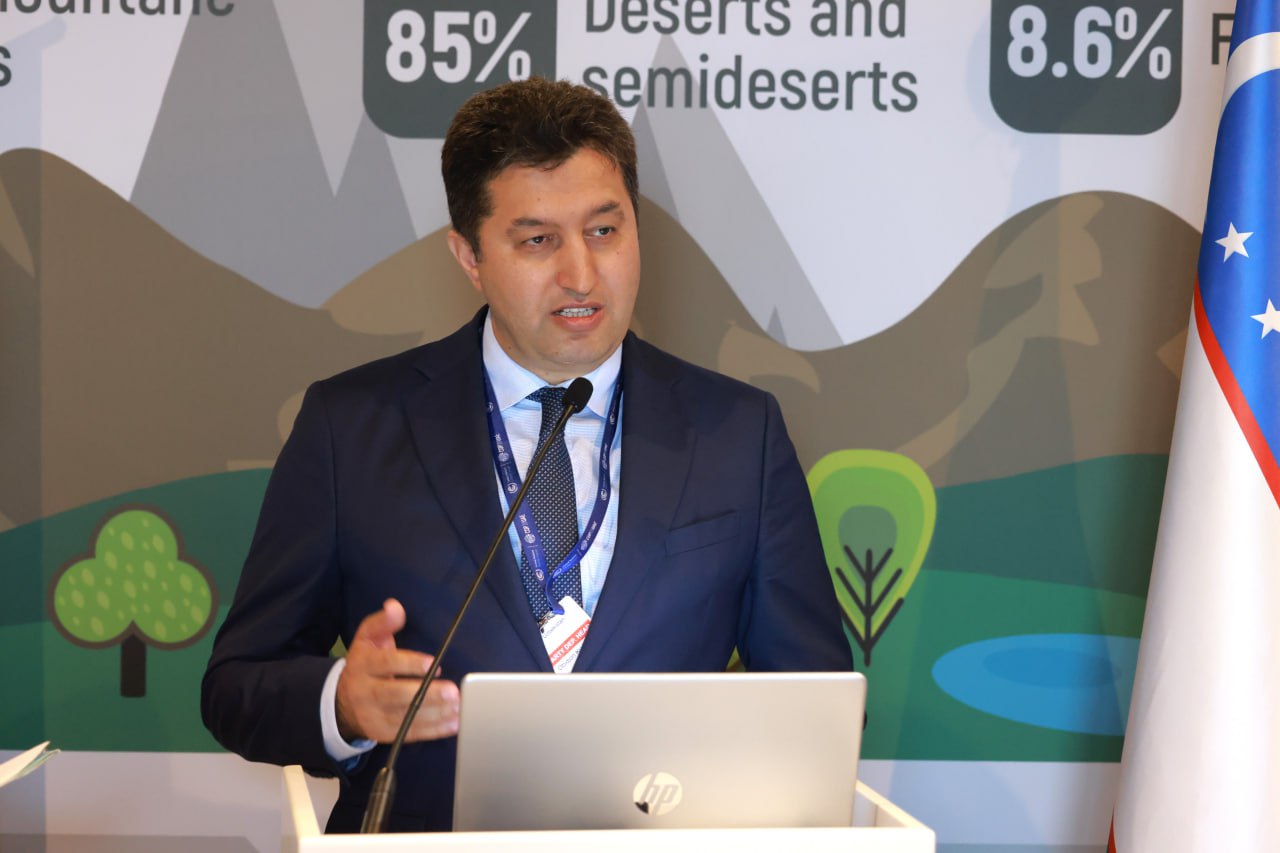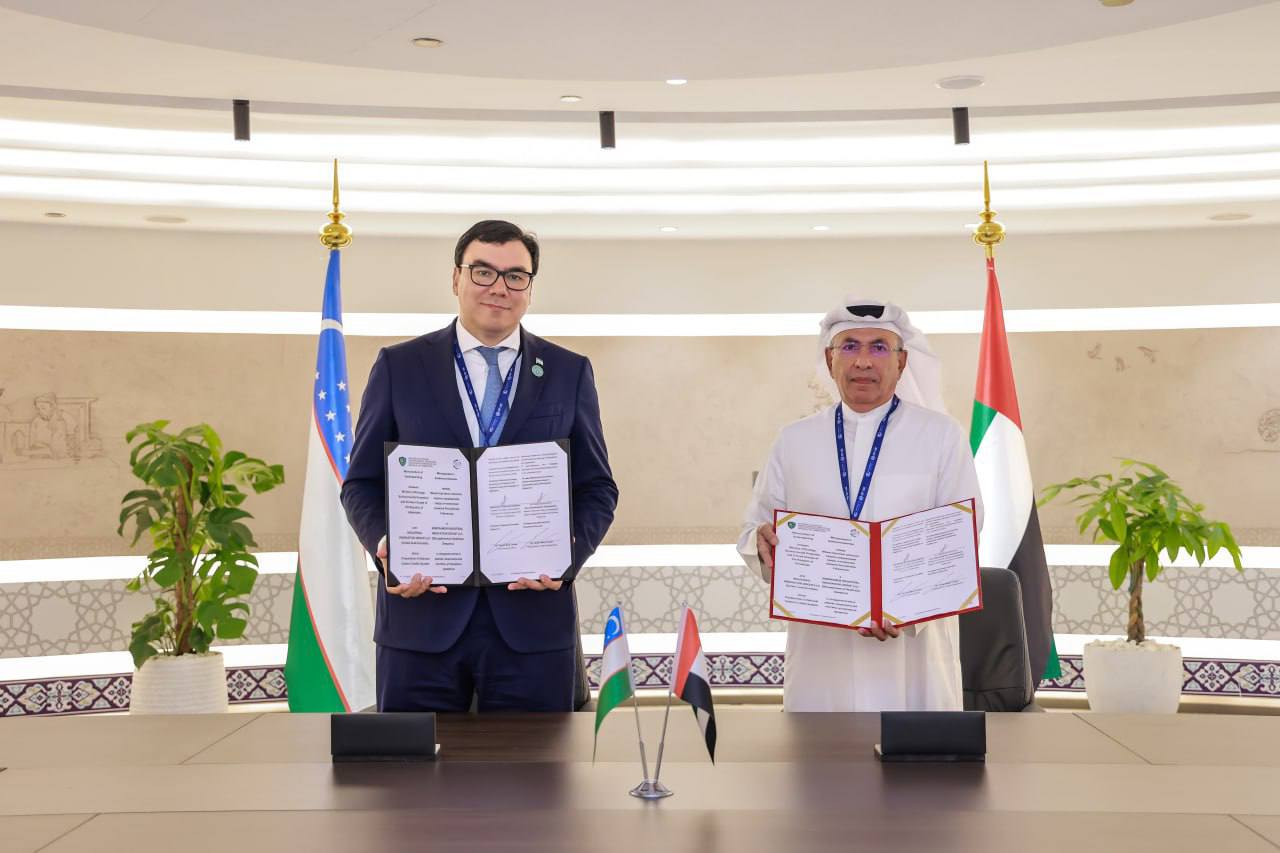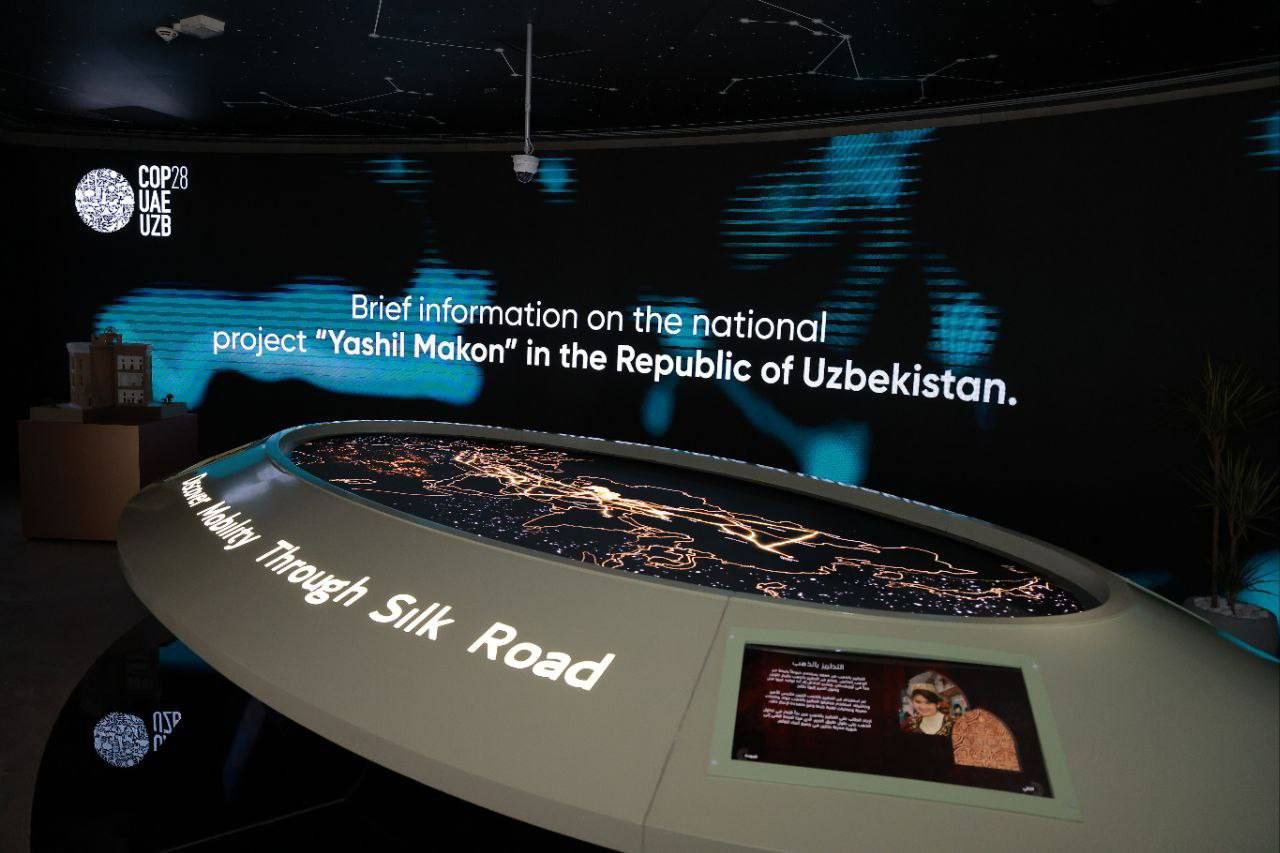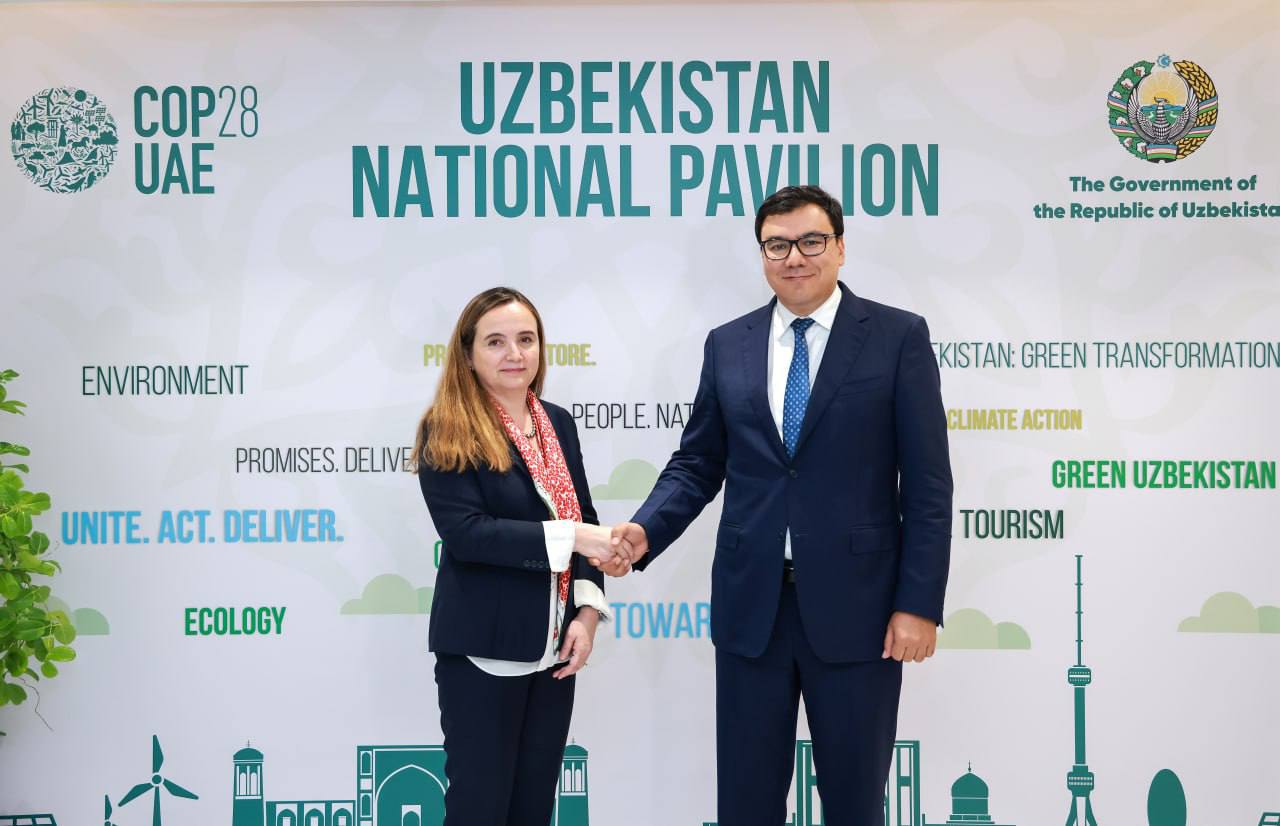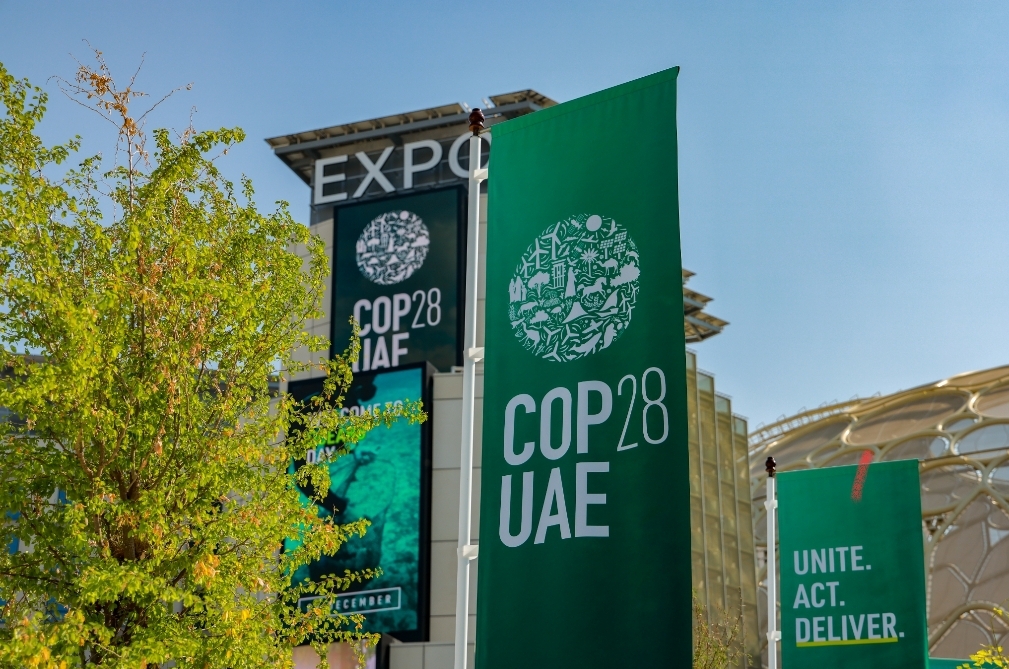
On December 10, the largest United Nations Climate Change Conference (COP28) concluded in the UAE. The event was attended by 180 heads of state, 97,000 delegates, experts, observers, and climate activists.
On December 1, during the opening of the World Climate Action Summit (WCAS), the President of the Republic of Uzbekistan, Shavkat Mirziyoyev, drew attention to climate change in Central Asia and neighboring regions against the backdrop of the Aral Sea tragedy. As a result of his speech, the President presented several acute environmental problems, including rising temperatures in Central Asia, glacier melting, increasing sand and dust storms, water scarcity, air pollution, biodiversity loss, and others.
To achieve a unified solution to climate change issues, the head of our state called for support for the organization of the Samarkand International Climate Forum next year and the adoption of a special resolution by the United Nations General Assembly reflecting the common approaches of Central Asian countries.
The conference was attended by Minister Aziz Abdukhakimov (head of the delegation) and experts from the Ministry of Ecology, Environmental Protection, and Climate Change, as well as relevant ministries and agencies.
As part of COP28, A. Abdukhakimov participated in a series of events and held meetings with leaders of ministries from various countries, international organizations, and financial institutions. These included participation in a high-level event on uniting countries in the fight against the triple planetary crisis, a Central Asian dialogue on "Climate Change: Paris Agreement Commitments and Future Work," familiarizing ecology ministers from the Central Asian region with ongoing climate adaptation work in Uzbekistan, a session dedicated to "Climate Actions for Preserving Mountain Ecosystems, Glaciers, and Iconic Species," a presentation of the Aral Sea Trust Fund on transforming the Aral Sea region into a climate-resilient region, discussions on mapping sources of sand and dust storms and reducing risks in Central Asia, a high-level event on the implementation of the National Adaptation Plan (NAP), a forum on "The Tourism Potential of Uzbekistan: Stability, Green Agenda, and Cooperation with Middle Eastern Countries," a dialogue of ECO member states on "Accelerating the Transition to Resource-Efficient, Sustainable Development, and Circular Economy in the ECO Region," and more.
During the negotiations, Minister A. Abdukhakimov invited leading environmental protection companies to open a new market, present, test, and scale their "green" and innovative solutions in the field of ecology and environmental protection.
It is worth noting that as part of Uzbekistan's participation in COP28, the country presented its National Pavilions in the green and blue zones of Expo Center Dubai for the first time.
Furthermore, with the assistance of development partners, the Central Asian regional pavilion was organized, with the participation of five Central Asian countries. The regional pavilion actively worked to promote a unified voice of Central Asian countries, emphasizing "5 countries - 1 region - 1 voice."
During the event, over 20 side events were organized in collaboration with representatives of various ministries and agencies of the Republic, addressing issues such as the Aral crisis, climate migration, environmental education, ethnoecology, eco-journalism, green economy, environmental law, low-carbon development, green energy, and the water-energy-food-ecosystems (WEFE) nexus. These events were attended by about 400 delegates from different countries, international experts, and Nobel laureates.
In addition to this, meetings, round tables, and seminars were organized with international organizations such as the German Society for International Cooperation (GIZ), the United Nations Economic Commission for Europe (UNECE), the Food and Agriculture Organization of the United Nations (FAO), the United Nations Development Programme (UNDP), the Global Green Growth Institute (GGGI), the Organization for Security and Co-operation in Europe (OSCE), and the International Organization for Migration (IOM).
Furthermore, discussions were held on cooperation with leading conservation organizations and financial institutions, including the World Bank, the Asian Development Bank (ADB), the European Bank for Reconstruction and Development (EBRD), the International Union for Conservation of Nature (IUCN), and the International Center for Biosaline Agriculture (ICBA).
As part of the conference, an agreement was reached to open the first Central Asian branch of the International Union for Conservation of Nature (IUCN) in Tashkent.
Additionally, the future "Center for Ethnoecological Research of Uzbekistan" was presented during the event. It will initiate interdisciplinary research and equal cooperation with local communities in Central Asia, contributing to environmental protection, cultural heritage preservation, and sustainable development.
